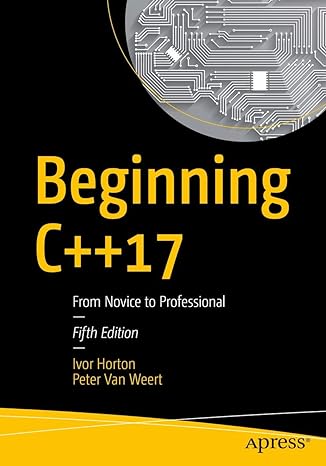Programming with the C++ Standard Library can certainly be difficult task. Nicolai Josuttis’s The C++ Standard Library is one of the best available books to using the built-in features of C++ effectively.
The C++ Standard Library provides lots of built-in functionality in the form of the Standard Template Library (STL). The STL was created as the first library of generic algorithms and data structures for C++, with four ideas in mind: generic programming, abstractness without loss of efficiency, the Von Neumann computation model, and value semantics. The functionality is for containers like vectors, stacks and linked lists, as well as generic algorithms like sorting, searching and manipulating elements inside containers.
For the beginning or intermediate C++ programmer, The C++ Standard Library can be a real timesaver. It arranges and explains the complexities of the C++ Standard Library and STL in a manageable format that’s great as a reference and as an approach to programming.
—Richard Dragan
Topics covered: history of C++ and the Standard Library, template basics, Big-O Notation, the std namespace, standard exceptions, allocators, standard library utilities, pairs and auto_ptr, numeric limits, the Standard Template Library (STL) basics, containers, iterators, algorithms, vectors, lists, deques, strings, sets, multisets, bitsets, maps, multimaps, stacks, queues, iterator adapters, function objects, element requirements, value and reference semantics, complex numbers, valarrays, stream classes, stream manipulators and formatting, file I/O, internationalization, and locales.

Master modern programming with Beginning C++17 – your gateway to building powerful, efficient, and future-ready applications!
View on Amazon





